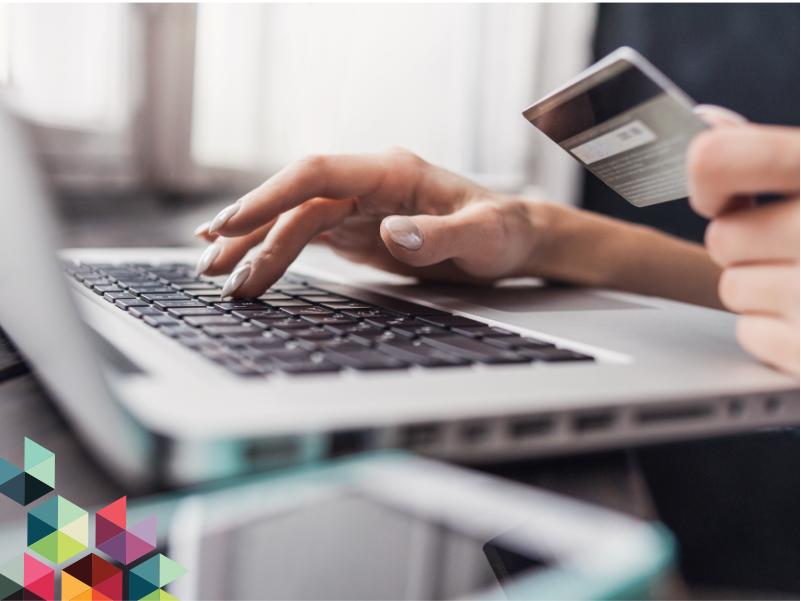
Should I Pay My Tax Bill with a Credit Card?
June 16, 2020
The IRS has contracted with a few credit card merchants to offer credit cards as a method of payment. Why not? Most of us are used to paying for merchandise from groceries to sweaters with our credit card. Ah, but there is a catch. Stores (called merchants by the credit card companies) pay a fee that is split between the merchant’s credit card bank, the transaction processor, and your credit card company for each credit card transaction. This fee, known as interchange, is not going to be paid by the IRS. You must pay it. So how much is this fee?
The Processor Fee
The fee paid by you for paying your tax bill with a credit card is called a convenience fee by the IRS and the credit card processors. The fee is based upon a percent of the amount charged from 1.87% to 1.99% with a minimum charge from $2.50 to $2.69. For example, using OfficialPayments Corporation’s fee of 1.99% with a $2.50 minimum fee, a tax bill of:
- $150.00 would cost you $2.99
- $1,000 would cost you $19.90
But don’t forget, if you do not pay your credit card balance in full you must also include the interest cost of the loan you are taking out courtesy of the credit card company. This incremental interest could be as high as 20+%!
The good news? You can use any of the four major credit cards to pay your taxes; Visa, Mastercard, American Express, and Discover. In addition, you can earn miles and points if you use a rewards credit card. Plus, these credit card fees are much lower than they were 8 years ago.
The bad news? This payment method adds expense to your tax bill. Plus you are limited to the number of payments you can make using this method to two per year.
Better Alternatives?
Remember, if you are considering paying your taxes with your credit card and you carry a balance from month to month you are really taking out a loan to pay your taxes. Using this perspective:
• Is there a better loan somewhere else? Perhaps a short term loan from a bank or credit union makes more sense. Could you borrow the money from a family member? While potentially embarrassing, if you create the proper loan documentation, it might be a good way for that family member to earn a nice interest rate.
• Consider borrowing from Uncle Sam. There are installment payment plans available for qualified taxpayers. While there is a set up fee, the monthly interest charged by the government is typically much lower than that charged by credit card companies. It is important to review this option as soon as possible to avoid having to pay tax penalties in addition to interest.
• Use planning to your advantage. Create a plan to pay for next year’s tax obligation throughout the year to avoid a repeat of needing funds to pay your tax bill. This may cause some hardship, but saving a little bit more each week through payroll withholdings is usually more manageable for most of us versus a big tax bite in April.
While paying your tax bill with a credit card is often one of the most expensive ways to pay your tax, there is another method that is vastly more expensive. This is not paying your bill at all. When seen in this light, using a credit card is vastly less expensive than paying high penalties and interest on unpaid taxes.

